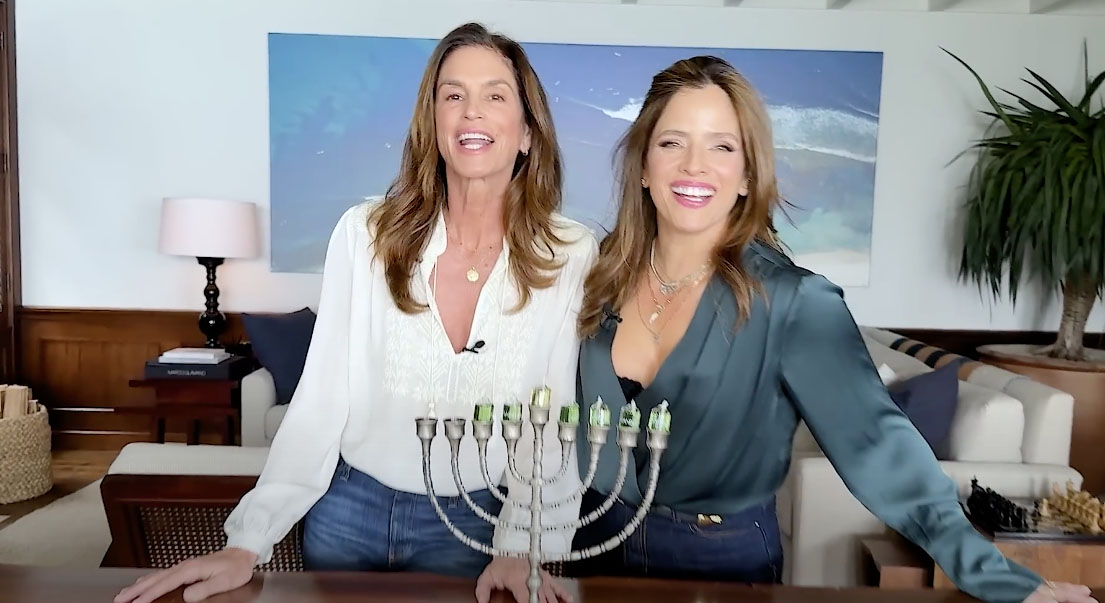At a time when Israel is engulfed in terror, millions of Syrians are living as refugees and the Islamic State is a source of havoc in the region, former Israeli Prime Minister Ehud Barak said he has deep uncertainties about the future of the Middle East.
“We are living in a uniquely turbulent and uncertain world. …I am strongly of the belief that all of the priorities in the world right now should start with the struggle with world terror, especially radical Muslim fundamentalism,” he said Oct. 18 at the Saban Theatre during a nearly 90-minute public appearance, kicking off the annual Distinguished Speakers Series of Southern California.
Approximately 800 people turned out as Barak, 73, devoted a portion of the evening to addressing the current situation in Israel in which deadly Palestinian knife attacks and Israeli retaliation have made the streets unsafe for both sides.
Barak spoke in support of Israel’s right to defend itself, but once the current terror is quelled, he said, Israeli leadership needs to address the root of Palestinian discontent. A two-state solution for Israel and the Palestinian territories is the only route to peace in the region, Barak said, adding that he hopes one day to see a demilitarized, sovereign Palestinian country.
“I don’t believe any government would have accepted [the kind of] terror against Israel, with knives … and Israel is not going to capitulate to this kind of terror either … but having said that, we should not lose contact with the other side of the [conflict]. … The real challenge is to avoid a slippery slope into a one-state solution,” he said.
Barak, who also is a former Israeli minister of defense, addressed external threats to Israel’s security as well. Discussing the Iranian nuclear deal, which lifts sanctions against Iran in exchange for curbs to the country’s nuclear program, Barak said he has come to accept the nuclear agreement with mixed feelings — “like when your mother-in-law drives your new BMW over a cliff.”
“It’s a bad deal,” he said of the pact. “But it’s a done deal.”
Israel’s priority now needs to be resuming a working relationship between Jerusalem and the White House as soon as possible, Barak said. That way, the two can review intelligence arrangements in the event Iran violates the deal.
“I assume they will not violate the agreement in the first three or four years because they want to harvest all the upsides to it, but later on, no one knows,” he said.
As for the crisis in Syria, the former Israeli official laid blame on U.S. President Barack Obama.
“In a way, we are paying the price for being too passive in a moment when action was needed,” he said, pointing to Obama drawing a red line on chemical weapons in the region and then failing to act after Syrian President Bashar al-Assad’s use of chemical weapons in Syria was discovered.
Dressed in a dark suit and a red tie, Barak stood behind a podium in the Beverly Hills venue during his lecture. A 15-minute Q-and-A with former radio host and former Los Angeles mayoral candidate Kevin James followed.
Barak and his wife, Nili Priel, attended a post-lecture reception, where they were swarmed by a group of people who took photographs with their smartphones as if they were seeing celebrities.
Rabbi David Baron of Temple of the Arts, which holds services at the Saban, was among those at the reception, along with his wife, Adrienne. “I’m prejudiced because I’m Jewish, but anything that he would say is … pearls of wisdom,” she said.
She called the former Israeli leader “very bright” and “very experienced.”
Which tied right into part of Barak’s Middle East philosophy.
“People ask me very often if I am a pessimist or an optimist,” he said during his lecture. “Usually in the Middle East, we tend to say a pessimist is an optimist with experience.”






















 More news and opinions than at a Shabbat dinner, right in your inbox.
More news and opinions than at a Shabbat dinner, right in your inbox.